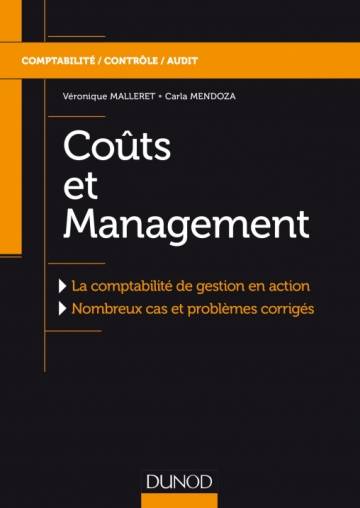Why mini-cases?
Finding the right material to teach management accounting is a challenge. If we use simple exercises, students understand the mechanics of the tools and methods but they may think that management accounting problems are simple and disconnected from the context and the strategy of the company. If we chose real company cases, learners get lost in the quantity and complexity of the data provided and don’t grasp the essence of the pedagogical message. This is why mini-cases are a good option to teach management accounting efficiently.
Why mini-cases on full costing?
Although everybody can see that it is relevant for a manager to know how to calculate costs and margins, you might ask why I wrote mini-cases on such a boring topic. Only by reading the title of the chapter “Full cost methods”, most students fall asleep! The fact is that I really needed these cases: Because many of these methods (except ABC) were developed in “continental Europe” (Germany, Netherlands and France), we do not have a lot of teaching material on full costing methods available in English textbooks.
My main man objective: the learning!
The five mini-cases are situated in different types of companies, which is important in terms of learning objectives: Later, students should be able to design, adapt or question management accounting systems in any kind of businesses, and not only in industry. The cases are concise enough for the learners to see the mechanics behind the calculations, for instance the impact of changing a cost driver on a product cost. On the other hand, there is enough complexity to force the students make decisions before “jumping into” calculations. Altogether, we want to be sure that the students not only apply receipts but assimilate key concepts and reflect on company’s managerial needs.
Learn more in the latest book for all audiences: « Coûts et Management », by Véronique Malleret and Carla Mendoza, Edition Dunod, Paris, 2018 (French).









